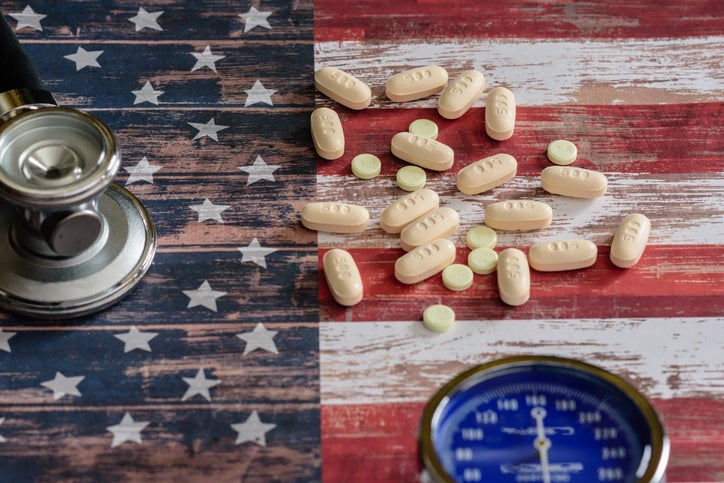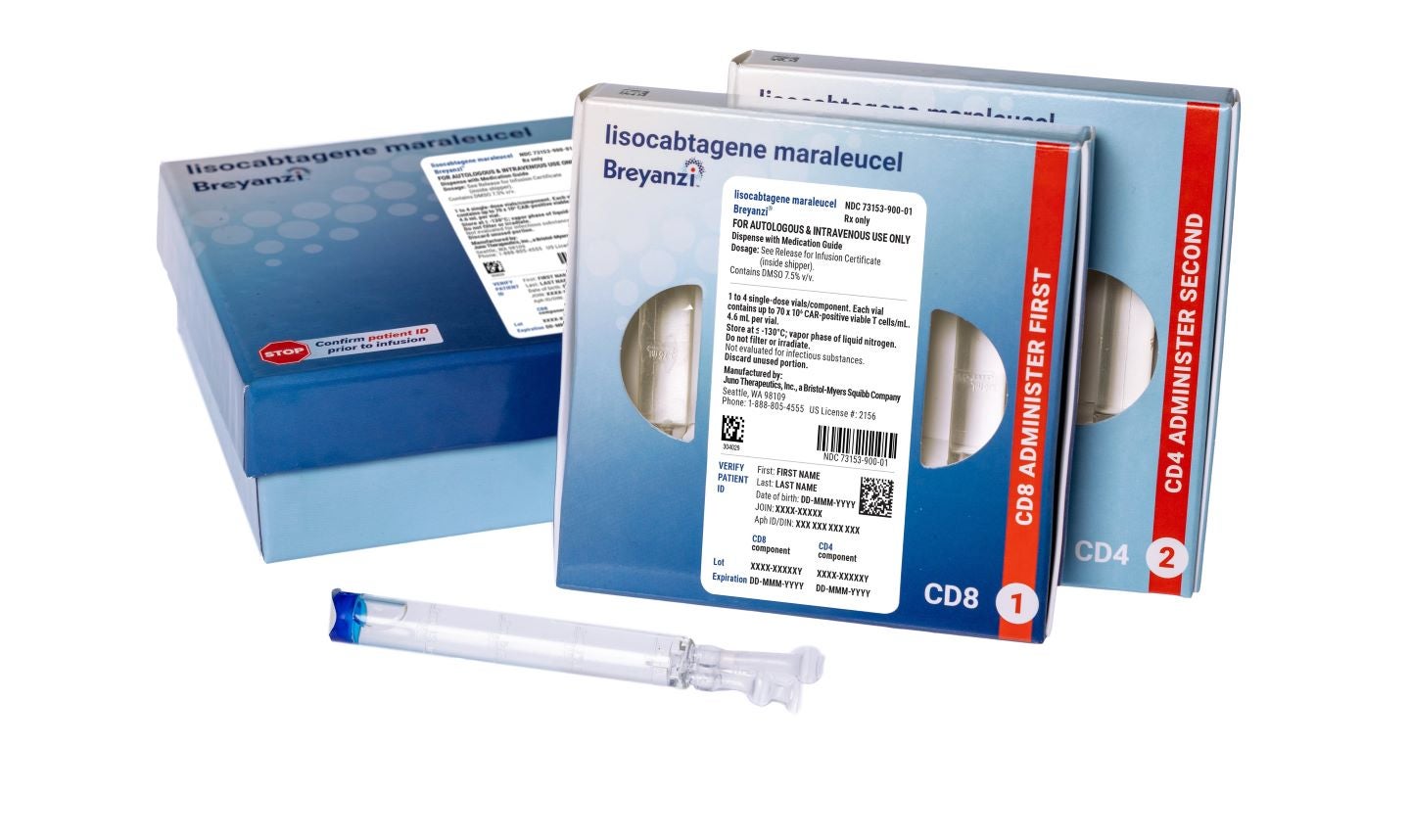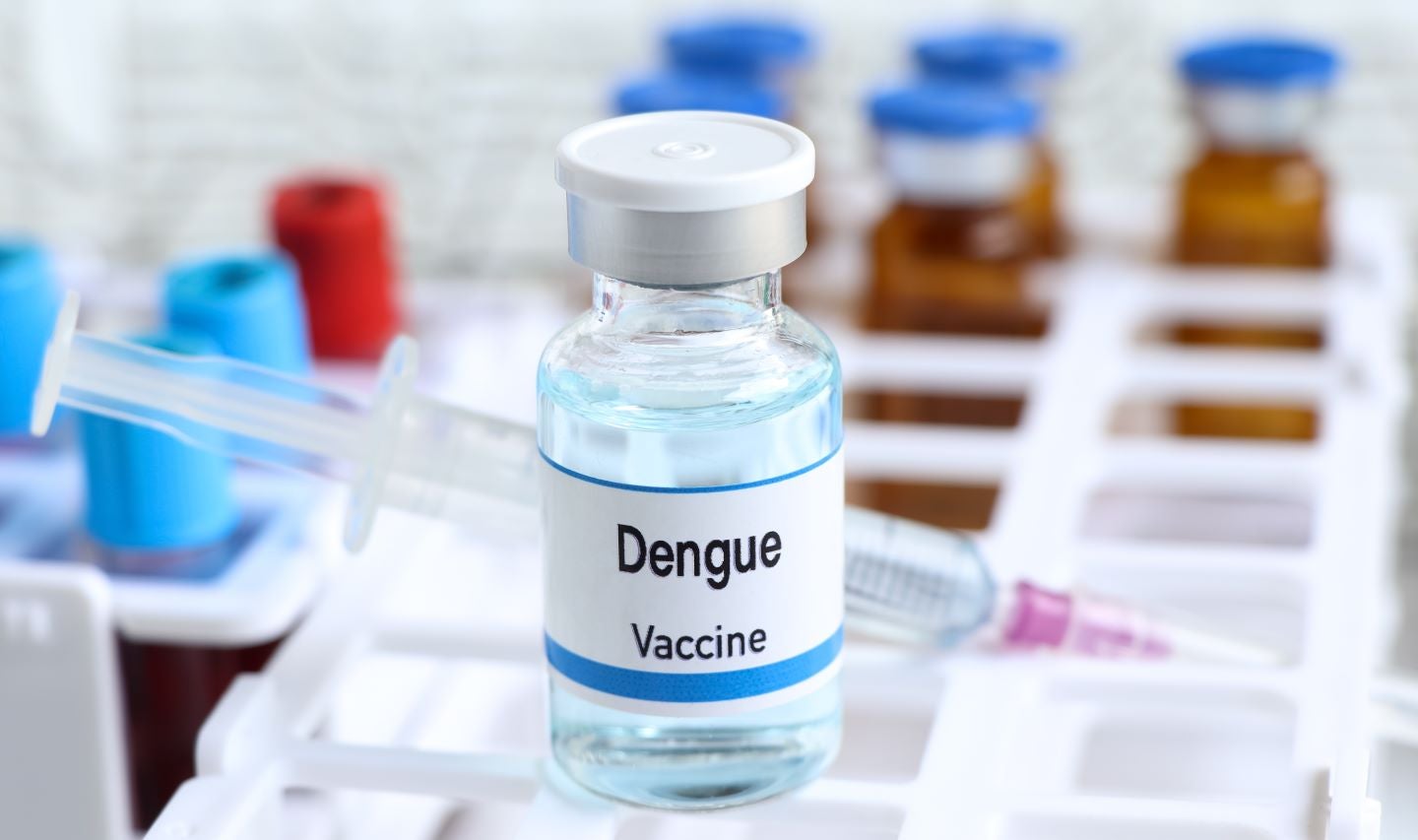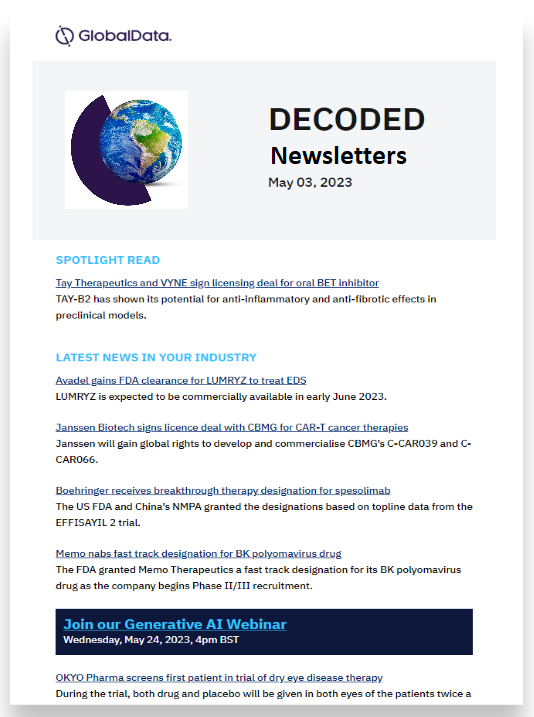
Pharma DECODED
Previous edition: 16 May 2024
Share article
Get the full version straight to your inbox.
Exclusive access to our best-in-class data & intelligence
Subscribe now
Tracking the opioid lawsuit settlements amidst calls for oversight
The US National Opioid Settlement is distributing more than $54 billion to communities grappling with the opioid crisis.

In 2019, Purdue Pharma, the maker of opioid painkiller OxyContin, faced extensive litigation for its role in the opioid epidemic and filed for bankruptcy. It was one of several landmark legal actions that opened the door to industry accountability, addressing the role of big pharma in fuelling the opioid crisis.
This eventually led to Purdue’s $6 billion settlement with several US state attorneys aimed to resolve thousands of lawsuits and allocate funds to address the opioid crisis, including addiction treatment and prevention programmes.
Major lawsuit settlements
Legal claims against pharmaceutical companies typically include accusations of deceptive marketing practices, downplaying addiction risks, and oversupplying prescription opioids. A multitude of lawsuits, filed by states, municipalities, and individuals, have accused major pharmaceutical companies of prioritising profits over public health.
The US National Opioid Settlement lists companies involved and settlements reached. In 2021, nationwide settlements were agreed upon in response to legal action brought by states and local political subdivisions against the three largest pharmaceutical distributors –McKesson, Cardinal Health, and AmerisourceBergen, and against manufacturer Janssen Pharmaceuticals and its parent company Johnson & Johnson. These agreements have been finalised and payments have begun. In total, the distributors will pay up to $21bn over 18 years, and Johnson & Johnson will pay up to an additional $5bn over nine years.
Towards the end of 2022, settlements were reached with three pharmacy chains—CVS, Walgreens, and Walmart. In addition, two manufacturers—Allergan and Teva – also announced agreements. In January 2023, all companies confirmed that a sufficient number of states had agreed to the settlements to move forward.
The opioid settlement fund allocation guide
More than $54bn in settlement funding is now being distributed to combat the huge public health crisis. The opioid crisis has severely impacted individuals and healthcare systems, with an estimated 1.2 million people projected to die from opioid overdose by 2029 in the US and Canada unless intervention measures are successful.
However, the process is challenging with decision-makers across the US grappling with how best to action the process.
In January, CHESS Health announced the publication of its Opioid Settlement Fund Allocation Guide, a free, online resource that provides background, strategies and best practices intended to assist officials in navigating a complex process that differs by locality and state.
“We created the online guide after hearing from our industry partners and others about the complexity of the Opioid Settlement Fund allocation process,” says Hans Morefield, CHESS Health CEO. “The actual allocation of the more than $54bn varies greatly by locale and has little oversight to date, and no two states will spend the money in the exact same way. Our goal is to help decision-makers in the US learn how to most effectively allocate the funds to address the ravages of addiction in their diverse communities.”
Many of the opioid settlements stipulate that states must spend at least 85% of the money they receive on addiction treatment and prevention, specifically. But how the funds are spent will differ by locality, which may impede state and municipal officials from learning from each other’s mistakes or replicating each other’s successes.
“A commitment to best practices helps a diverse group of decision-makers in achieving success, because the allocation process is not consistent across the nation,” he explains. “Best practices will vary due to demographics, while others are more universal in nature.” He adds, “By focusing on health equity and the social determinants of health (SDOH), decision-makers will reach a much broader population – and more underserved individuals – in need of assistance.”
In addition, the online guide outlines how technology, especially when coupled with more traditional approaches, can help to amplify the impact of settlement dollars.
Opioid settlements: challenges and criticisms
One key concern with these settlements is the allocation of funds and whether they adequately address the diverse needs of affected communities. Critics argue that funds should be directed towards evidence-based prevention and treatment strategies, rather than being diluted through bureaucratic channels.
“Some of the challenges are not yet known because it’s still early in the allocation process,” says Morefield. “We’re also in unchartered territory. RAND [an American think tank] has identified several pitfalls, including using settlement funds to repay debts or replace current funds; spending the funds immediately; turning to ineffective programmes; ignoring equitable resource distribution; and disbursing settlement funds without evaluation or monitoring.”
While no amount of money can guarantee an end to the ongoing crisis of substance use disorder (SUD) in the United States, the billions now flowing from opioid settlements to state and local governments will make a vital difference for generations to come. In addition, there are universal areas of focused investment over time that will boost the impact of settlement dollars.
“One area is empowering more individuals to initiate treatment,” Morefield explains. “People can now start treatment via myriad pathways in their communities. However, making sure people stay in treatment remains a formidable challenge. Another universal area of focused investment should be amplifying the ability of local and state governments to do more in terms of prevention. Then, we can change the trajectory of a crisis that already has killed so many.”
The opioid crisis is deeply entrenched in complex social and economic factors, and lawsuits alone may not be sufficient to address its root causes. Legal action combined with public health initiatives, education, and community support is essential for long-term solutions. However, despite the challenges, opioid lawsuit settlements present opportunities for systemic reform. The legal proceedings have brought attention to the need for greater transparency and oversight in the pharmaceutical industry. Stricter regulations and monitoring mechanisms promise to help prevent similar crises in the future by ensuring that key industry players prioritise public health and safety.
Latest news

KRAS inhibitors: The next frontier beckons
There has been several developments in the KRAS inhibitor space, shaping the KRAS inhibitors of the future.

FDA approves Bristol Myers Squibb's Breyanzi for follicular lymphoma
The approval is based on results from the open-label, global, multi-centre, single-arm Phase II TRANSCEND FL clinical trial.

Takeda's dengue vaccine obtains WHO prequalification
The TAK-003 vaccine targets all four virus serotypes.

FDA rejects label expansion for Dynavax's hepatitis B vaccine
The US agency rejected the expanded use of Dynavax’s vaccine for adults on haemodialysis, citing insufficient efficacy and safety data.

Vanda Pharmaceuticals reports positive data from motion sickness trial
In the trial, only 10.4% and 18.3% of the subjects reported vomiting on the 170mg and 85mg doses, respectively.

Moleculin begins NIH-funded Phase II glioblastoma treatment trial
The primary goal of the study is to measure progression-free survival.

Allucent receives grant for decentralised Covid-19 vaccine trial
The company received the award to conduct a trial assessing correlates of protection following Covid-19 vaccination.
In our previous edition

Pharma Decoded
Circular RNA: Vaccines, therapeutics and biomarkers could be revolutionised
15 May 2024

Pharma Decoded
Sanofi to make €1bn biomanufacturing investment in France
14 May 2024

Pharma Decoded
RAPT terminates Phase II trials for lead candidate following clinical hold
13 May 2024
Newsletters in other sectors
Aerospace, Defence & Security
Automotive
Banking & Payments
Medical Devices
Oil & Gas
Travel and Tourism
Search companies, themes, reports, as well as actionable data & insights spanning 22 global industries
Access more premium companies when you subscribe to Explorer


